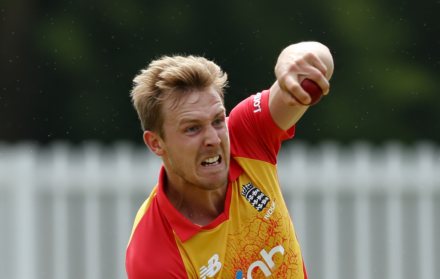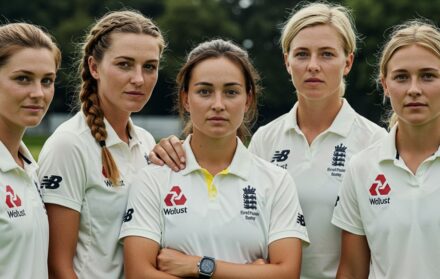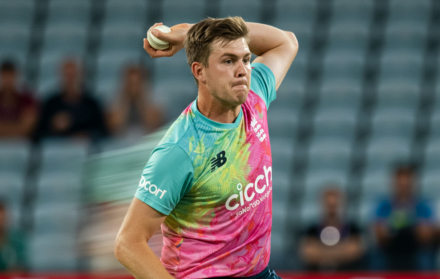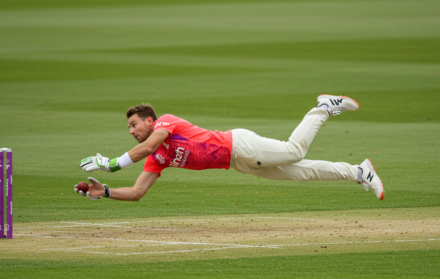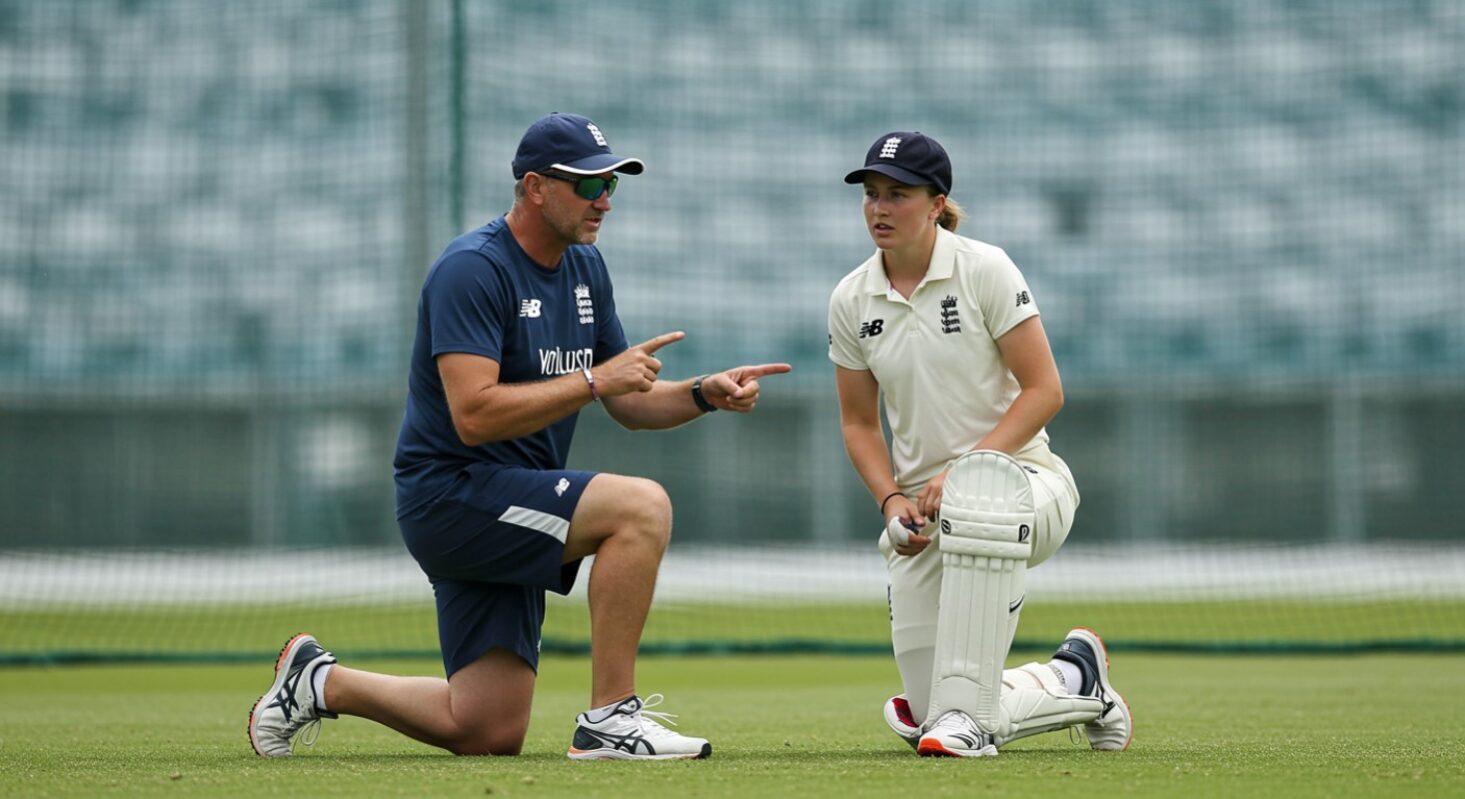
What Makes a Good Cricket Coach and How Do I Find One?
Behind every great cricketer is usually a coach who believed in them, pushed them, and taught them not just how to play the game but also how to think about it. From grassroots players learning to grip the bat for the first time, to elite professionals preparing for an Ashes series, including those in women’s cricket, coaching is the invisible force that shapes talent into achievement.
A good cricket coach does much more than feed balls in the nets. They correct technique, build discipline, improve fitness, nurture confidence, and instil a love of the game. For parents of juniors, recreational players, and aspiring professionals alike, choosing the right coach can make all the difference.
This article explores what makes a good cricket coach, the systems of accreditation that set standards, the different types of coaching available, and practical steps for finding a mentor who suits your goals. Whether you are just starting out or looking to take your cricket to the next level, knowing what to look for in a coach will help you make an informed decision.
The Role of a Cricket Coach in Player Development
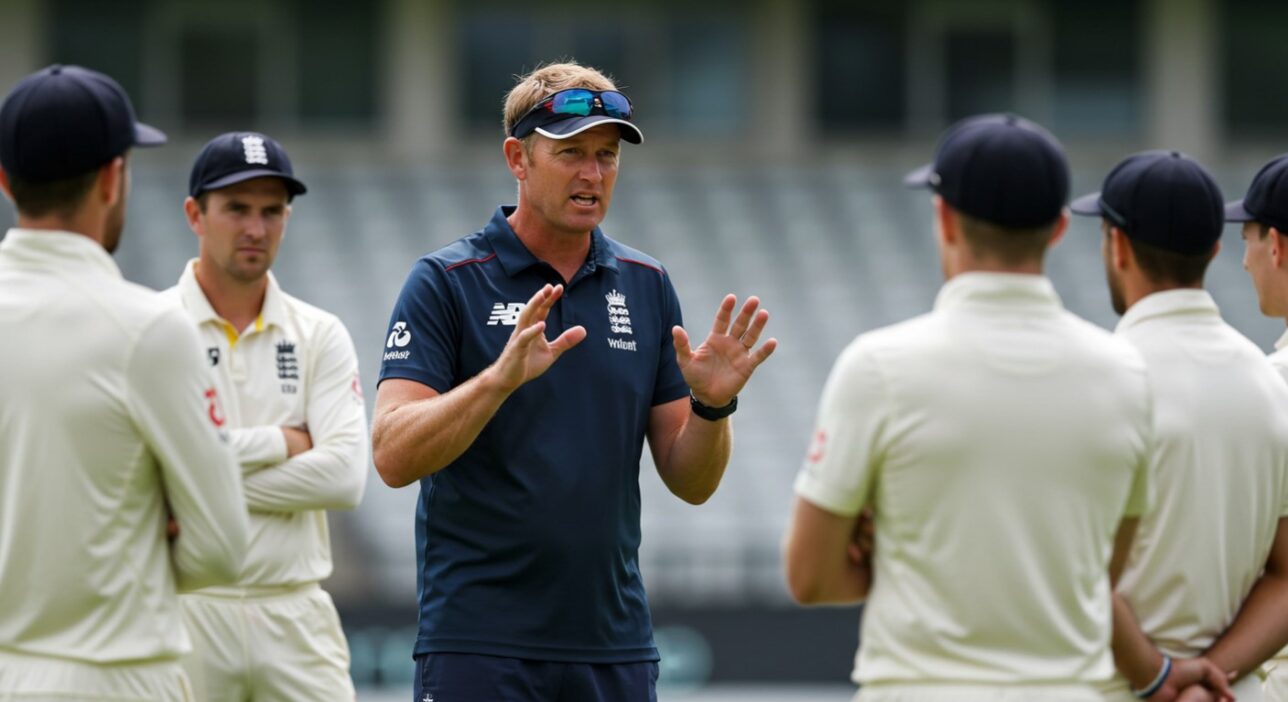
At its heart, cricket coaching is about guiding a player’s development across four key areas: technical skills, tactical understanding, physical and mental conditioning, and overall character.
Technical skills are the foundation. Coaches help players master basics like a sound batting stance, a repeatable bowling action, and safe, effective fielding techniques. A slight correction in grip or foot placement can have a huge impact on performance and injury prevention.
Tactical understanding is the ability to read the game. Coaches teach cricketers when to attack, when to defend, how to set fields, and how to adapt to conditions. They use match scenarios in practice to develop decision-making that mirrors real contests.
Physical and mental conditioning has become increasingly central. Coaches design drills for stamina, explosive movement, and reflexes while also supporting the psychological side of sport. Building resilience, confidence, and focus under pressure can often determine success.
Finally, a good coach acts as both mentor and instructor. They are there not only to develop skills but also to guide young athletes through setbacks, help them stay disciplined, and keep them motivated. The best coaches shape character as much as they shape technique.
Core Qualities of a Good Cricket Coach
So, what separates an average coach from a great one? While technical knowledge is important, the real difference lies in personal qualities.
Patience and communication skills are vital. Cricket is a game of fine margins, and it often takes time for players to adapt. A coach must explain complex techniques clearly and encourage players to learn at their own pace.
Adaptability is another hallmark. Juniors need a different style of teaching than seniors. Batters, bowlers, and wicketkeepers all require specialist guidance. A coach who can adjust their approach to the player’s needs will have more success.
Knowledge of the game is crucial, but knowledge alone is not enough. A coach who has completed accredited certifications — such as the ECB Level 1–4 courses in England, Cricket Australia’s community and high-performance pathways, or the BCCI’s National Cricket Academy programmes — demonstrates commitment to standards and safe practice.
Motivational skills distinguish the best coaches. Players inevitably face slumps, injuries, or dips in confidence. A good coach can inspire belief, keep spirits high, and frame setbacks as opportunities to improve.
Empathy and people management are also essential. Coaches must balance team dynamics, handle parents’ expectations in junior cricket, and support players through personal challenges. The ability to listen is often as important as the ability to instruct.
Credentials and Accreditation: What to Check
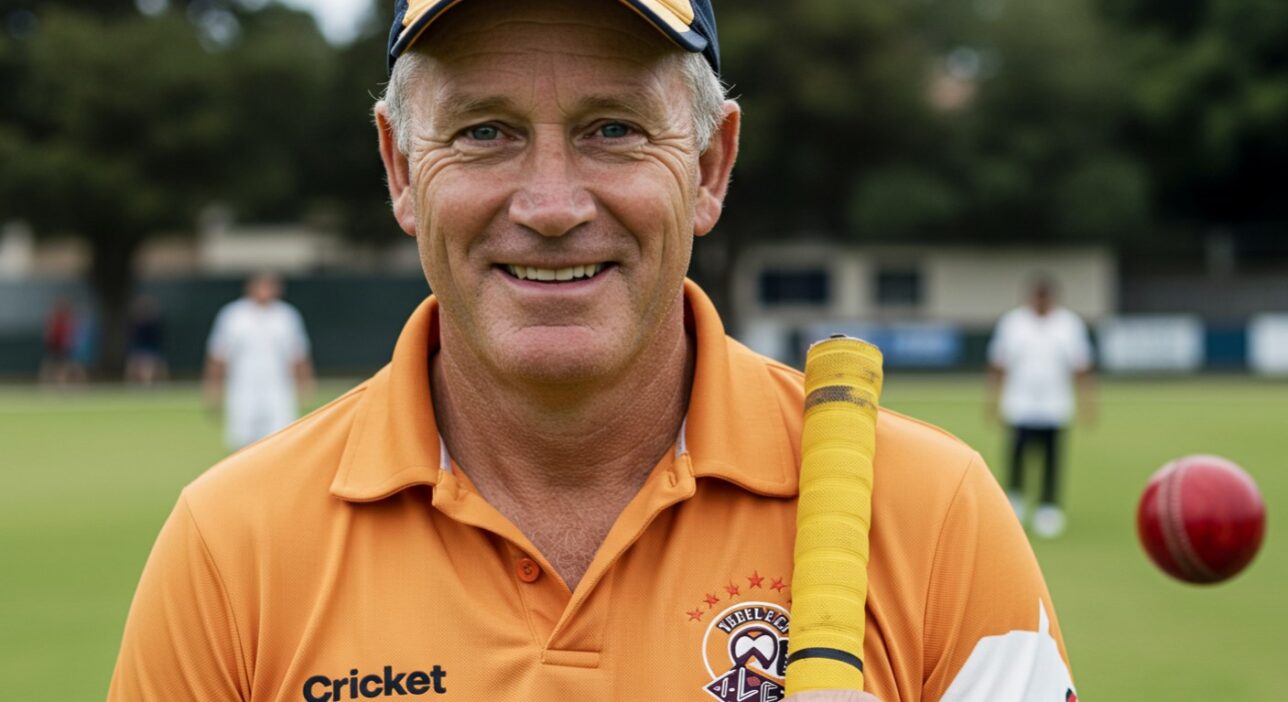
When considering a coach, one of the first things to ask about is accreditation. Governing bodies around the world offer structured levels of certification designed to maintain quality and safety.
In England and Wales, the ECB coaching pathway runs from Foundation (Level 1) through to Advanced (Level 4). Australia has its own structured courses through Cricket Australia, while India runs coaching certifications through the National Cricket Academy. These qualifications cover not just technical knowledge but also safeguarding, first aid, and effective communication.
Another key aspect is child protection and safeguarding training, especially for junior coaches. Parents should feel reassured that the coach understands the responsibility of working with young athletes.
Finally, it is worth remembering that being a great player does not automatically make someone a great coach. Some of the most effective coaches had modest playing careers but excel in teaching and communication. Conversely, some legendary players have struggled to translate their success into coaching roles. Always consider both qualifications and track record.
Comparison of Cricket Coaching Pathways
| Governing Body | Coaching Levels | Focus at Each Level | Notes |
|---|---|---|---|
| ECB (England & Wales Cricket Board) | Foundation Course → Core Coach → Advanced Coach (Level 3) → Specialist Coach (Level 4) | Foundation: Intro to basics and safety. Core Coach: Running group sessions, skill development. Level 3: High-performance planning, tactical awareness. Level 4: Elite coaching, working with professional/ international squads. | Strong safeguarding emphasis; widely respected internationally. |
| Cricket Australia (CA) | Community Coach → Representative Coach → High Performance Coach | Community: Grassroots coaching for kids and beginners. Representative: State/club-level players, skill refinement. High Performance: Elite athletes, professional teams, international prep. | Practical workshops and online modules integrated. |
| BCCI / NCA (India) | Level 1 → Level 2 → Level 3 | Level 1: Foundational coaching for juniors. Level 2: State-level coaching, advanced techniques. Level 3: High-performance coaching, Test/ODI/T20 national focus. | NCA in Bengaluru is the central hub; often led by ex-international cricketers. |
| ICC (International Cricket Council) | ICC Coaching Courses (varies by region) | Standardised modules for associate/affiliate nations; covers basics, player development, safety. | Provides structure for countries without strong national systems. |
Different Types of Cricket Coaching Available
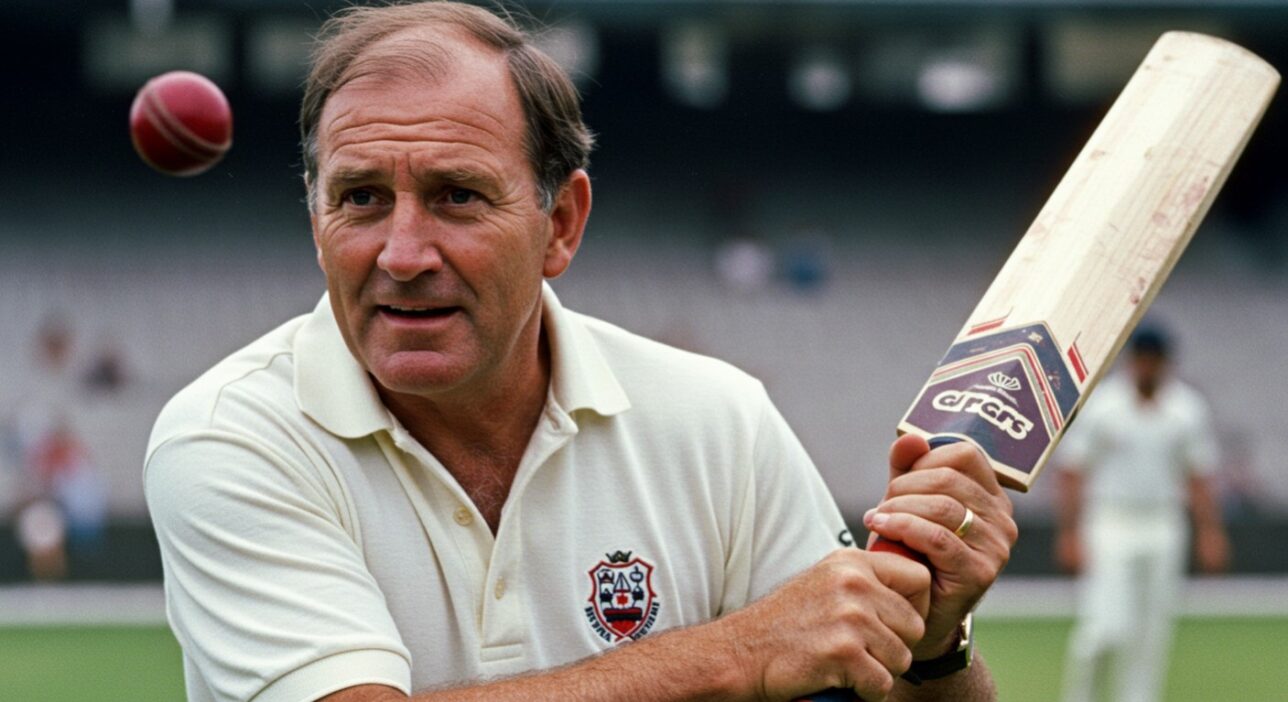
Cricket coaching today is not one-size-fits-all. Players can access a wide range of options depending on their needs, budgets, and ambitions.
One-on-one private coaching offers the most personalised experience. Sessions are tailored to the player’s weaknesses and goals, often using video analysis for detailed feedback.
Club or academy coaching provides group sessions where players learn together. This fosters teamwork, competitiveness, and exposure to different skill levels, though individual attention may be less intense.
Specialist coaches focus on specific areas like batting, fast bowling, spin, wicketkeeping, or even fielding. Advanced players often seek specialists when refining particular aspects of their game.
With advances in technology, online and digital coaching platforms are growing. Players can send video footage to coaches for analysis or join virtual training sessions. This option can be valuable for those without access to top coaches locally.
Where and How to Find a Cricket Coach
So, where should you start if you want to find the right cricket coach?
Local clubs and academies are often the first point of contact. Most community clubs offer qualified coaches as part of their junior or senior programmes. Cricket academies often employ professional or semi-professional coaches and provide structured training.
Governing body databases can be very helpful. Organisations like the ECB, Cricket Australia, and BCCI maintain lists of accredited coaches and programmes in each region.
Recommendations from team-mates, school coaches, or cricketing friends can be invaluable. Word of mouth often leads to trustworthy coaches with proven results.
Online platforms and social media are increasingly common. Websites like CricHeroes, LinkedIn, or even Facebook groups often feature coaching advertisements, testimonials, and reviews.
Before committing, it is wise to arrange trial sessions. This gives you a chance to assess the coach’s style, see how comfortable you feel, and judge whether the relationship could work long-term.
Questions to Ask Before You Choose a Coach
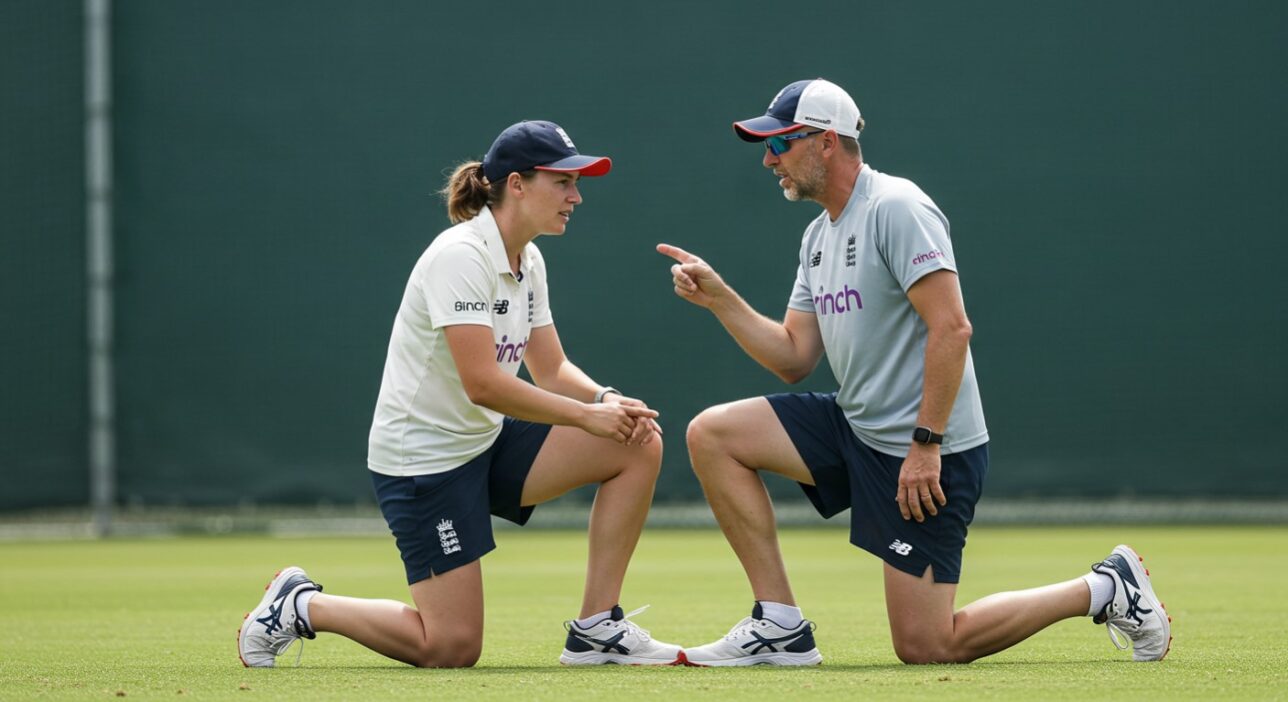
Finding a coach is like finding a mentor — it’s not only about skill but also about fit. Here are some important questions to ask:
-
What is your coaching philosophy? Do they focus on enjoyment, competitiveness, or discipline?
-
How do you track progress? Do they use scorecards, video analysis, or regular feedback?
-
What levels or age groups have you worked with before?
-
Do you strike a balance between fun and performance? For younger players, this balance is essential to prevent burnout.
Asking these questions upfront helps you decide whether their approach matches your goals.
Red Flags: When a Coach May Not Be Right for You
Not every coach is the right fit, and sometimes warning signs are obvious.
Be cautious if a coach uses an overly harsh or negative style that undermines confidence. Constructive criticism is vital, but constant negativity can demotivate.
A lack of structure in sessions is another red flag. Players should feel there is a plan, not random drills.
If a coach cannot explain a clear development pathway, it suggests limited vision.
Finally, if a coach fails to prioritise safety, whether through poor warm-ups, ignoring injuries, or failing to monitor workloads, it’s best to look elsewhere.
Cost, Commitment, and Practical Considerations
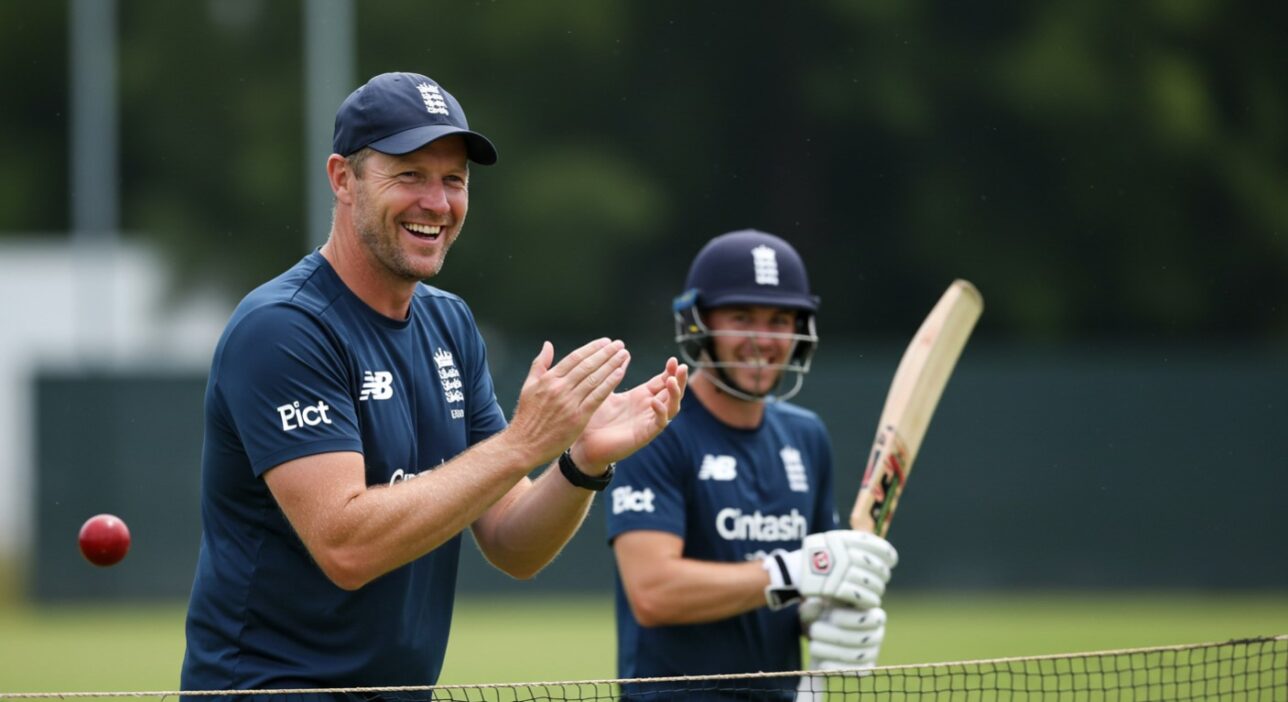
Coaching comes at a cost, and prices vary widely.
Private one-on-one sessions tend to be the most expensive, while group or club sessions are more affordable. Some academies offer packages or seasonal fees.
Think about equipment needs too. While coaches often provide training balls and video tools, players usually need their own bats, pads, and gloves.
Travel and time are also factors. Weekly sessions may require regular trips to facilities or academies, so convenience matters.
Ultimately, the decision comes down to balancing cost with value. A more expensive coach who provides structured progress and inspires you may be better value than a cheaper option that fails to deliver.
Success Stories: Players Who Benefited from Strong Coaching
History shows the power of great coaches.
Sachin Tendulkar credits his childhood coach, Ramakant Achrekar, with instilling discipline, work ethic, and confidence that carried him through his legendary career. Achrekar famously made Tendulkar practise by placing a coin on the stumps — if the bowler dismissed him, they kept the coin; if Tendulkar survived, he kept it. Those coins remain among Tendulkar’s prized possessions.
Steve Smith, now one of Australia’s most prolific run-scorers, benefited from guidance at the New South Wales cricket system, where coaches refined his unorthodox technique without trying to “normalise” it, recognising that his unique style worked for him.
Countless other professionals — from Joe Root in England to Ellyse Perry in Australia — credit their rise to attentive coaching at junior levels. These stories underline why finding the right coach can change a career.
Conclusion: What Makes a Good Cricket Coach
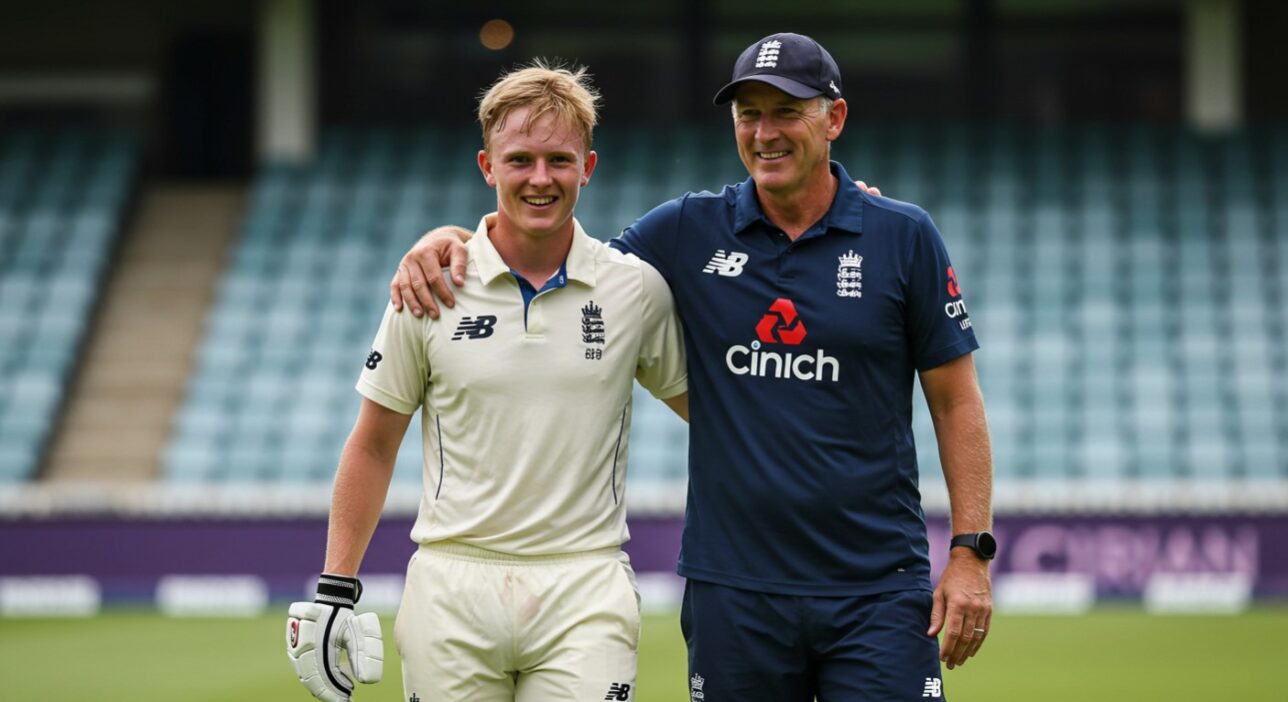
A good cricket coach is more than just a teacher of technique. They are motivators, mentors, strategists, and role models. The right coach combines patience, adaptability, and knowledge with empathy and inspiration.
Finding one involves checking credentials, exploring different coaching formats, asking the right questions, and watching out for red flags. It also requires practical considerations like cost, location, and availability.
Ultimately, the best coach for you is not necessarily the most famous or the most decorated but the one who helps you grow steadily, keeps you motivated, and ensures that you enjoy the game. In cricket, as in life, the right guide can make all the difference between potential unrealised and potential fulfilled.
